-
 Women Health
7
Women Health
7
-
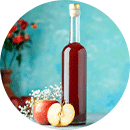 Vinegar
1
Vinegar
1
-
 Tea
28
Tea
28
-
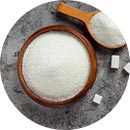 Sweets
8
Sweets
8
-
 Supplements
18
Supplements
18
-
 Spices
36
Spices
36
-
 Skin Care
7
Skin Care
7
-
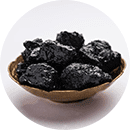 Shilajit
4
Shilajit
4
-
 Rice
2
Rice
2
-
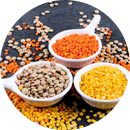 Pulses
36
Pulses
36
- Prostate Care 1
-
 Oils
20
Oils
20
-
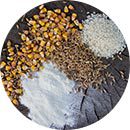 Millets
25
Millets
25
-
 Mens Health
16
Mens Health
16
-
 Immunity Care
19
Immunity Care
19
-
 Hot Deals
16
Hot Deals
16
-
 Herbs and Wellness
41
Herbs and Wellness
41
-
 Ghee
14
Ghee
14
-
 Flour
19
Flour
19
-
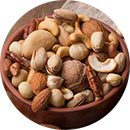 Dry Fruits Nuts & Seeds
15
Dry Fruits Nuts & Seeds
15
-
 Diabetic Care
8
Diabetic Care
8
-
 Coffee
10
Coffee
10
-
 Breakfast
15
Breakfast
15
- Brain Booster 6
788874496912/6 Support Center
Senior’s Member Discount Days! Save 25% Each Tuesday
Browse All Categories
-
 Women Health
7
Women Health
7
-
 Vinegar
1
Vinegar
1
-
 Tea
28
Tea
28
-
 Sweets
8
Sweets
8
-
 Supplements
18
Supplements
18
-
 Spices
36
Spices
36
-
 Skin Care
7
Skin Care
7
-
 Shilajit
4
Shilajit
4
-
 Rice
2
Rice
2
-
 Pulses
36
Pulses
36
- Prostate Care 1
-
 Oils
20
Oils
20
-
 Millets
25
Millets
25
-
 Mens Health
16
Mens Health
16
-
 Immunity Care
19
Immunity Care
19
-
 Hot Deals
16
Hot Deals
16
-
 Herbs and Wellness
41
Herbs and Wellness
41
-
 Ghee
14
Ghee
14
-
 Flour
19
Flour
19
-
 Dry Fruits Nuts & Seeds
15
Dry Fruits Nuts & Seeds
15
-
 Diabetic Care
8
Diabetic Care
8
-
 Coffee
10
Coffee
10
-
 Breakfast
15
Breakfast
15
- Brain Booster 6
+91-78887-4496912/6 Support
Stay home & get your daily
Organic Grocery Delivery
Organic Grocery Delivery
Shop Organic Grocery Now at PH Organic Foods
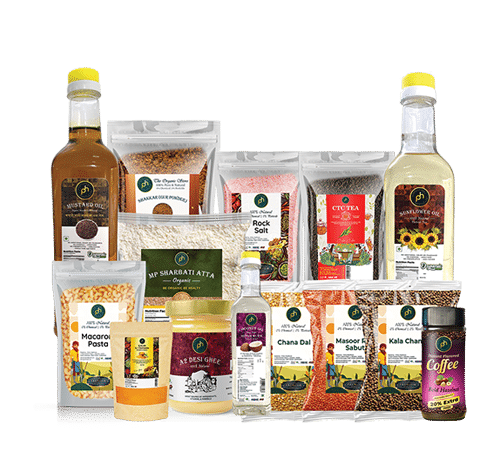
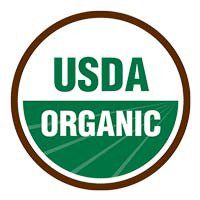

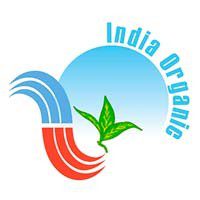
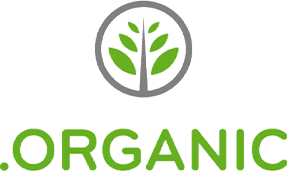
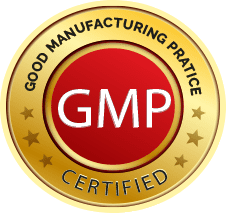


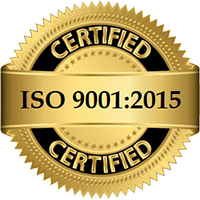

Best prices & offers
Best Deals on Organic
Fast delivery
Delivery Across Pan India
Great daily deal
When you sign up
Wide assortment
Mega Discounts
Easy returns
Within 24 H

From the House of Prithvi Healthcare
Address
1 Tower Enclave Phase 1, Nakodar Road, Jalandhar, Punjab, India 144003
GSTIN - 03AASFP0589K2ZP
GSTIN - 03AASFP0589K2ZP
Call Us
(+91)-78887-44969
Email
phconsumers@gmail.com
Hours
10:00 - 18:00, Mon - Sat
No products in the cart.
Copyright 2022 © Nest. All rights reserved. Powered by AliThemes.
 English
English 


